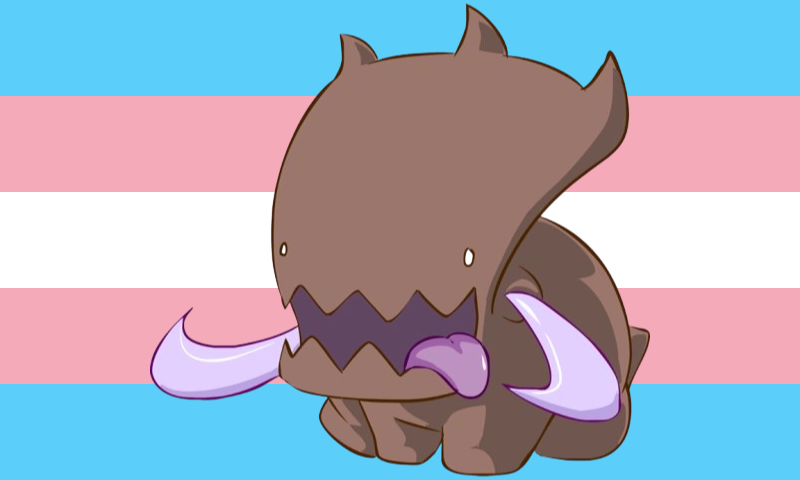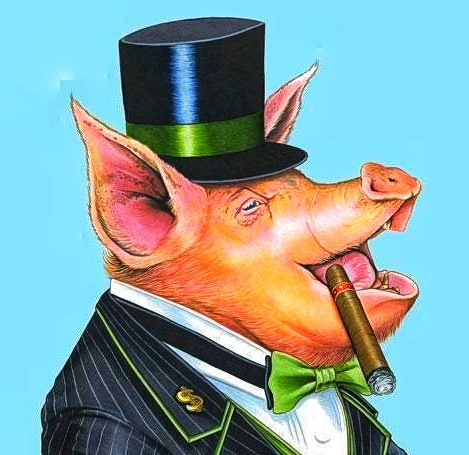Telesur says, "Supported by Washington, a counterrevolutionary movement staged a coup d'état in 1983 and planned the assassination of [Maurice Bishop]." — Whereas ProleWiki essentially says that the Grenada coup was caused by Maurice Bishop violating democratic centralism by refusing to share power with Bernard Coard, which Bishop (and a large majority of the party) had already agreed to, and which was necessary for relieving the stress and overwork put on the New Jewel Movement cadres. And so basically, the Central Committee took action against a national leader acting out of line: in Bishop's own words, "We don't believe in Grenada in presidents for life, or elected people for life: we believe in service for life, and when you stop serving, you must be recalled and get out of the way for somebody else to serve."
This is to say, where Telesur speaks of "a faction of the New Jewel Movement", ProleWiki speaks of "forces loyal to the Central Committee". And where Telesur decries the coup as a US-backed counter-revolution, ProleWiki seems to view the coup relatively more favorably, only criticizing the coup for shattering the prestige of the New Jewel Movement in the eyes of the masses by taking away their dear Bishop. While both Telesur and Prolewiki are in agreement that the coup was a Bad thing for the revolution, because it created both the conditions and pretext for the US invasion of the island, the difference between these two sources seems to be essentially in who they blame: Telesur blames the USA for supporting the coup faction; while Prolewiki blames Bishop for refusing to share power, and only criticizes the CC forces for mismanaging the situation.
So what I want to know is... Which source has the right take here? Was the coup of '83 maybe something in the middle of what Telesur and ProleWiki describe, where the US maybe actively worked to exacerbate the inner conflicts of the party? And why exactly did Bishop back out of the shared power agreement? Was this a matter of "absolute power corrupting absolutely", or did Bishop perhaps have more valid reasons for his actions?
Ultimately, I guess what it all circles back to is: What are the lessons to be learned here?
One of the main justifications Reagan used for the invasion was an airport being built on the island, supposedly for Russian commies to supply the island. In reality, the airport was funded and built by the British to increase tourism.
Four Navy SEALS died in the opening hours of the Grenada invasion because they were dropped into the sea at night after being delayed for the daytime invasion and still deciding to fuck it, be legends, and go anyway. The SEALS just floated away in a rainstorm and got eaten by fish.
The medical students who were being "rescued" had no idea the invasion was coming so half of them were having a party on another side of the island.
Oh yeah, and the US bombed a psychiatric hospital and murdered 18 people. https://en.wikipedia.org/wiki/1983_Grenada_mental_hospital_bombing
(written from memory. not fact-checking. kind of like reagan.)
Is there anything you can say about the coup itself, rather than the subsequent invasion?
I learned all I know about Grenada from Parenti/choking victim
Looking forward to learning more
 any song with a parenti clip in it is a guaranteed banger
any song with a parenti clip in it is a guaranteed bangerI found a YouTube link in your comment. Here are links to the same video on alternative frontends that protect your privacy:
I found a YouTube link in your comment. Here are links to the same video on alternative frontends that protect your privacy:
Maurice Bishop Speaks is a good collection of speeches from Maurice Bishop. Highly recommend it to get a base understanding of the NJM and Grenada's revolution. It also includes a speech from Fidel Castro after the coup and subsequent invasion. I recommend reading the whole thing, it's pretty short, but some good excerpts:
[A]llegedly revolutionary arguments were used, invoking the purest principles of Marxism-Leninism and charging Bishop with practicing a cult of personality and with drawing away from the Leninist norms and methods of leadership. In our view, nothing could be more absurd than to attribute such tendencies to Bishop. It was impossible to imagine anyone more noble, modest, and unselfish. He could never have been guilty of being authoritarian. If he had any defect, it was his excessive tolerance and trust.
In spite of his very close and affectionate links with our party’s leadership, Bishop never said anything about the internal dissensions that were developing. On the contrary, in his last conversation with us he was self-critical about his work regarding attention to the armed forces and the mass organizations. Nearly all of our party and state leaders spent many friendly, fraternal hours with him on the evening of October 7, before his return trip to Grenada. Coard’s group never had such relations nor such intimacy and trust with us. Actually, we did not even know that this group existed.
In Grenada, however, the [post-Bishop] government was morally indefensible. And, since the party, the government, and the army had divorced themselves from the people, it was also impossible to defend the nation militarily, because a revolutionary war is only feasible and justifiable when united with the people. We could only fight, therefore, if we were directly attacked. There was no alternative.
Coard's group should have been kicked out of the party far before having the chance to go through with the coup, and the book mentioned above goes through the whole saga pretty well. Another unfortunate example of how important purges and adhering to democratic centralism is.
Also curious about this. I'm all for blaming the US, and I expect the invasion could have easily been justified with Bishop in power still? but I know next to nothing about the situation and would love more background. Maybe I should pick up a book or something



